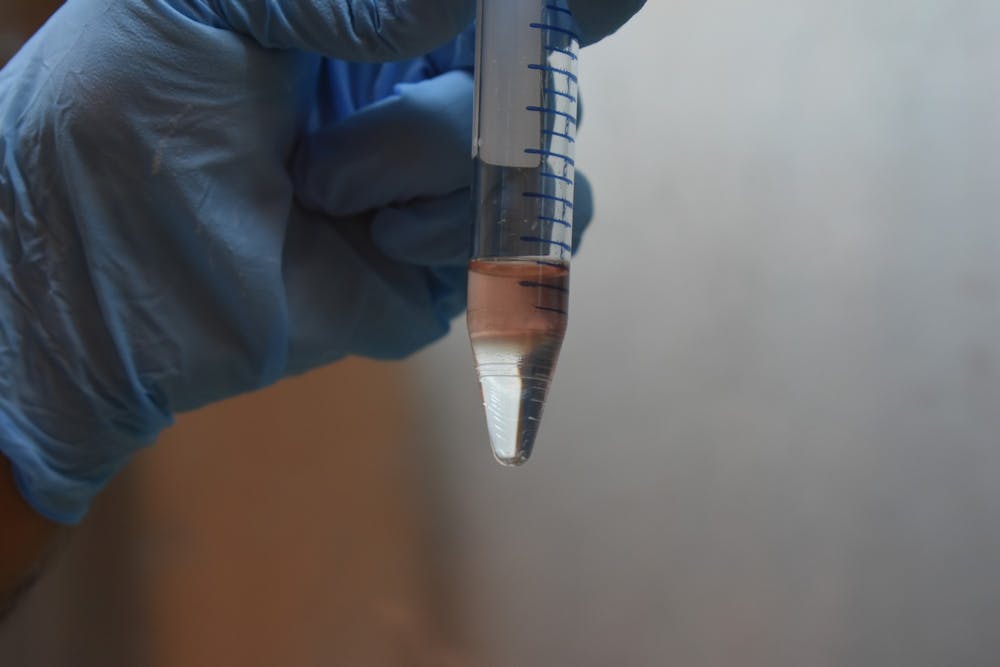
Penn Medicine researchers recently found that counties in the United States that faced severe economic distress following the Great Recession had higher rates of death from heart disease and strokes.
The study, presented Nov. 18 at the American Heart Association’s 2019 Scientific Sessions in Philadelphia, was led by Sameed Khatana, a cardiovascular medicine fellow at Penn Med.
Working with researchers from Beth Israel Deaconess Medical Center and Harvard T.H. Chan School of Public Health, Khatana compared counties' cardiovascular mortality rates to their scores on the Distressed Communities Index, a measure of economic activity based on markers such as income, access to housing, and educational attainment. The researchers specifically studied middle-aged adults between ages 25 and 64, looking at data from 2010 to 2015.
Using a linear regression model, the researchers found that counties with worsening economic conditions had a higher baseline mortality rate than more prosperous counties, and they also experienced a large increase in deaths between 2010 and 2015. While counties with the least economic distress had 62.6 deaths per 100,000 residents in 2010 and 61.5 in 2015, those with worsening economic trends saw 122 deaths per 100,000 residents in 2010 and 127.6 in 2015, a substantial increase.
“We found that it’s not a uniform increase—communities experiencing the most economic difficulties are the ones that are hardest-hit by heart disease deaths,” Khatana told Penn Medicine News.
The Centers for Disease Control and Prevention report that the cardiovascular mortality rate has been almost stagnant since 2011, with increases in certain groups of middle-aged adults. The new Penn Med research provides evidence that varying economic recovery from the Great Recession may contribute to this unevenness in heart disease death rates.
“Our study shows that large economic trends—whether it’s a significant reduction in employment or a recession—have a real impact on communities and on the cardiovascular health of people living in those communities,” Khatana told Penn Medicine News. “It’s important that policymakers, physicians and even patients are aware of this increase in mortality rates. Interventions, such as policies like a health insurance expansion, may help slow this trend or even reverse it.”
The Daily Pennsylvanian is an independent, student-run newspaper. Please consider making a donation to support the coverage that shapes the University. Your generosity ensures a future of strong journalism at Penn.
Donate






